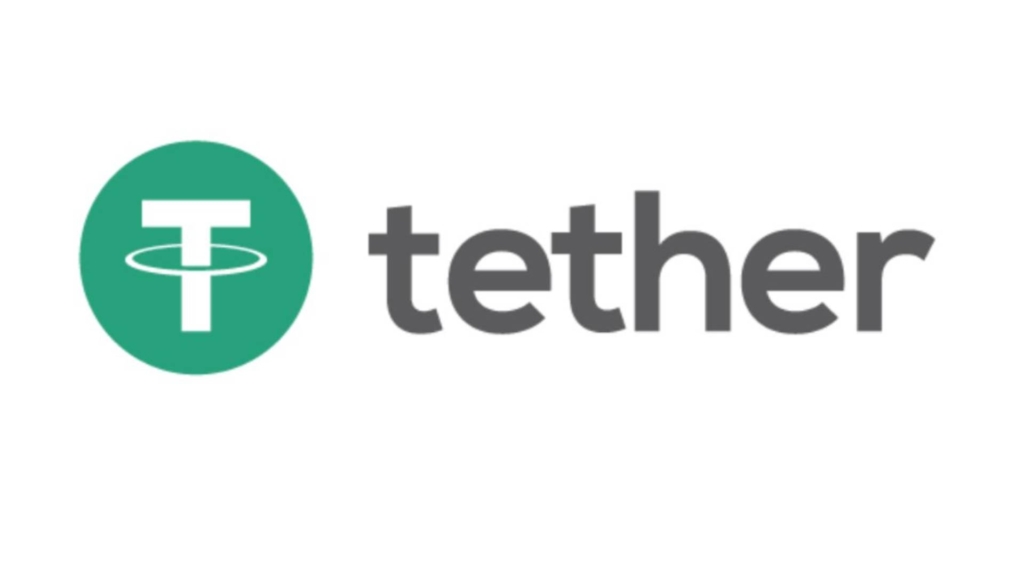According to a recent United Nations report, Tether (USDT), a popular stablecoin, has been linked to money laundering and scams in Southeast Asia.
The report sheds light on the various ways Tether is abused, with a special emphasis on its link to illegal online gambling sites.
According to the UN findings, Tether is frequently used in illegal activities, particularly illegal online gambling. The stablecoin is a popular choice for those orchestrating scams and engaging in money laundering schemes throughout Southeast Asia.
The report also reveals the use of Tether in hidden frauds, such as “pig butchering,” which is frequently associated with romantic scams.
These scams involve deceiving people emotionally and financially, emphasizing Tether’s versatile and unregulated involvement in fraudulent activities.
Despite its contentious role, Tether has worked with law enforcement to combat criminal activity. In one notable case, the US Department of Justice collaborated with Tether to freeze $225 million in USDT linked to a Southeast Asian human trafficking organization.
This group was allegedly involved in the pig butchering scam, highlighting Tether’s broader impact on criminal networks.
Various groups involved in the illegal movement of Tether funds have been successfully dismantled by law enforcement.
Authorities ended one such network in a major operation last August in Singapore, recovering approximately $735 million in cash and crypto. This demonstrates the real-world impact of targeted actions against Tether-related criminal activity.
The UN report expresses concern about the potential misuse of stablecoins such as Tether, sparking debate about the need for tighter regulations and oversight.
As crypto continues to play an important role in the global financial landscape, addressing the vulnerabilities associated with stablecoins becomes critical to the digital asset ecosystem’s integrity.



